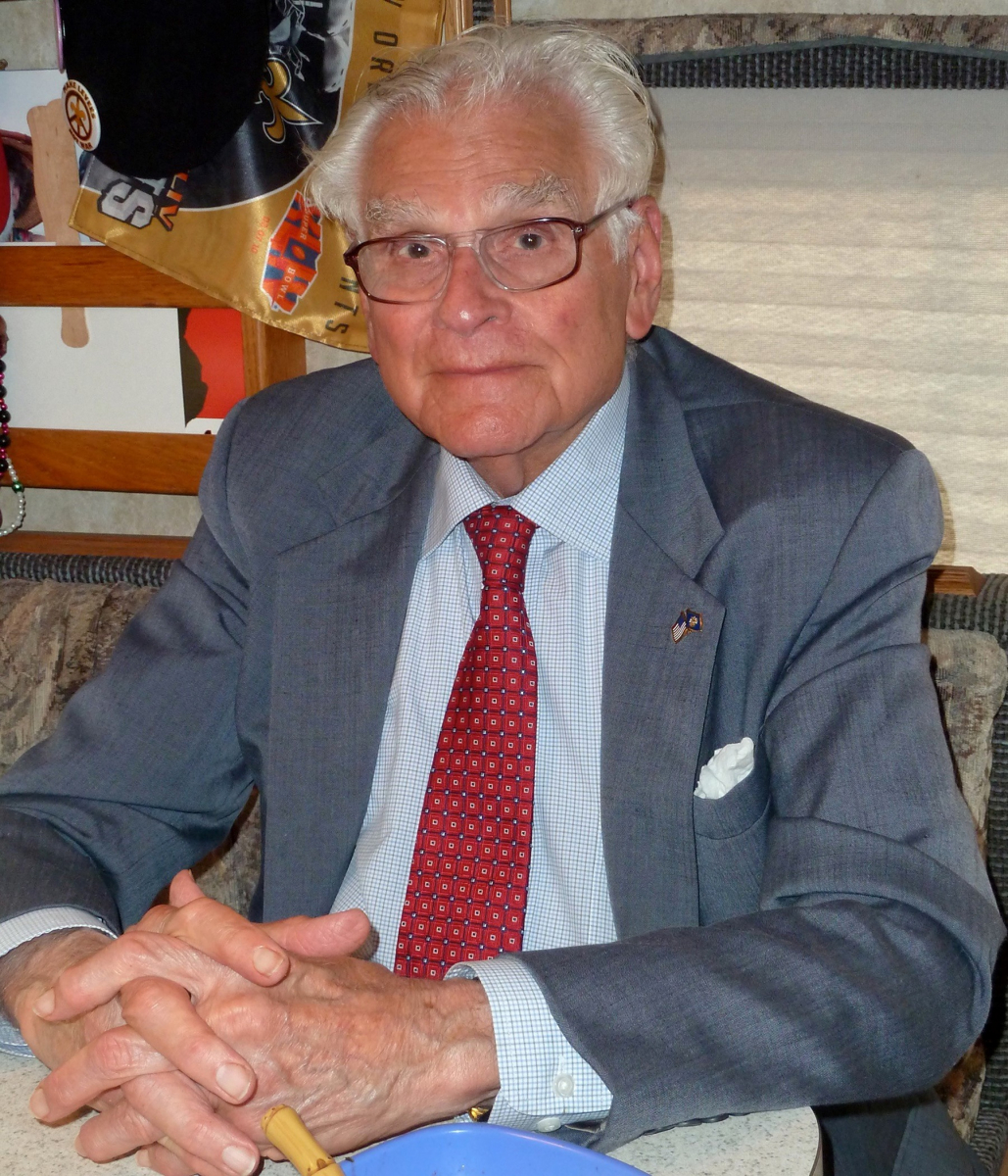 Gerald S. Berenson, MD, Boyd Professor of Cardiology at LSU Health New Orleans School of Medicine, recently passed away while visiting family in Houston. He was 96 years old. Berenson was an internationally known physician-scientist whose work helped shape the understanding of the causes of heart disease.
Gerald S. Berenson, MD, Boyd Professor of Cardiology at LSU Health New Orleans School of Medicine, recently passed away while visiting family in Houston. He was 96 years old. Berenson was an internationally known physician-scientist whose work helped shape the understanding of the causes of heart disease.
A native of Bogalusa, Berenson pioneered and led the Bogalusa Heart Study, one of the most significant studies of the development of heart disease, diabetes, and metabolic syndrome.
“Dr. Gerald Berenson had an enormous and lasting impact on health," said Larry Hollier, MD, chancellor of LSU Health New Orleans. “His pioneering Bogalusa Heart Study provided new information about how risk factors in children evolve as they age and the pathogenesis of cardiovascular and metabolic diseases. What he learned from Bogalusa school children influenced the well-being of people the world over. We are proud that such a compassionate physician and accomplished research scientist was a member of the faculty of LSU Health New Orleans School of Medicine at both the beginning and the end of his career. Dr. Berenson's contributions and international stature were recognized when he was named a Boyd Professor - the highest professorial rank awarded by LSU.”
One of the principal findings of the Bogalusa Heart Study changed our understanding about the onset of adult heart disease. A primary finding of the study is that the major causes of adult heart diseases begin in childhood; this includes atherosclerosis, coronary artery disease, hypertension, Type II Diabetes, and obesity, which had never been seen before.
“Dr. Berenson’s natural curiosity and unending desire to improve health rather than simply treat disease was the key to the beginning of the Bogalusa Heart Study in 1972,” noted Dr. Frank Smart, LSU Health New Orleans chief of cardiology and Berenson protégé. “The Bogalusa Heart Study looked at over 16,000 people from Bogalusa, Louisiana and followed them from birth into adulthood. The impact of the Bogalusa Study cannot be over stated. The study was landmark research because it established a link between diet, exercise, and genetics and the development of coronary heart disease. This internationally acclaimed research project is the foundation for diet and lifestyle interventions that are commonly employed today.”
Following his graduation from Tulane University School of Medicine in 1945, Berenson served in the United States Navy. He was a Navy doctor at Marine Corps Base Camp Lejeune and a ship’s doctor to approximately 400 crew members on the USS Tanner AGS-15.
In 1954, he joined the faculty of LSU Health New Orleans School of Medicine, where he remained for the next 38 years. He rose through the academic ranks becoming a professor and chief of cardiology. Berenson became director of the first National Heart Lung Blood Institute National Research and Demonstration Center - Arteriosclerosis. The program operated out of LSU Health New Orleans. It was the first and only National Research and Demonstration Center for Arteriosclerosis; the funding for the first year of the program was $2,691,382 and the funding for the second year was $2,892,631; these are the largest one-year grants he received over the course of his research career, although the total research funding he was awarded was $55 million.
“Dr. Berenson was the first to propose and later implement a modern-day coronary care unit at Charity Hospital,” added Smart.
Berenson was featured in the multi-part HBO documentary on obesity entitled The Weight of the Nation, which includes a substantial segment on the Bogalusa Heart Study.
